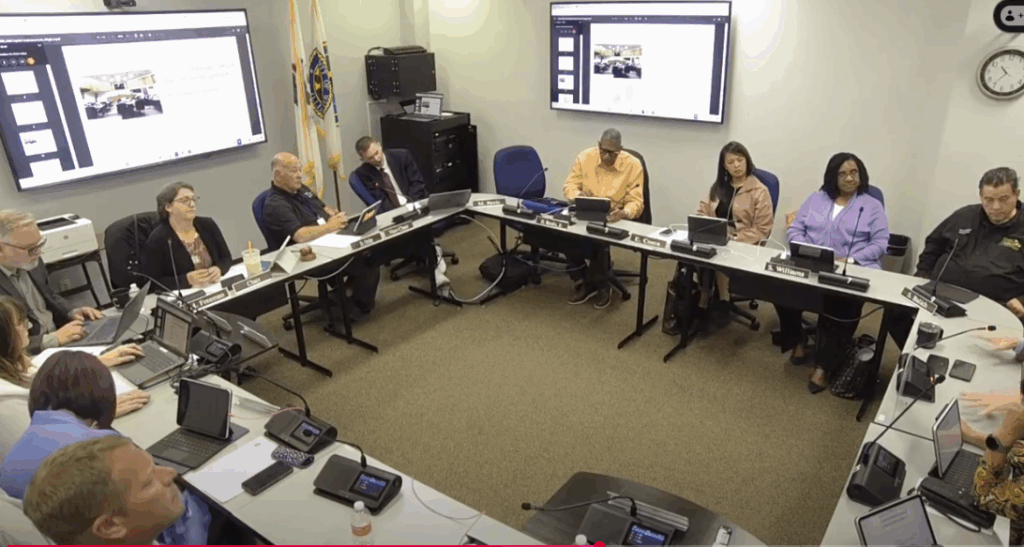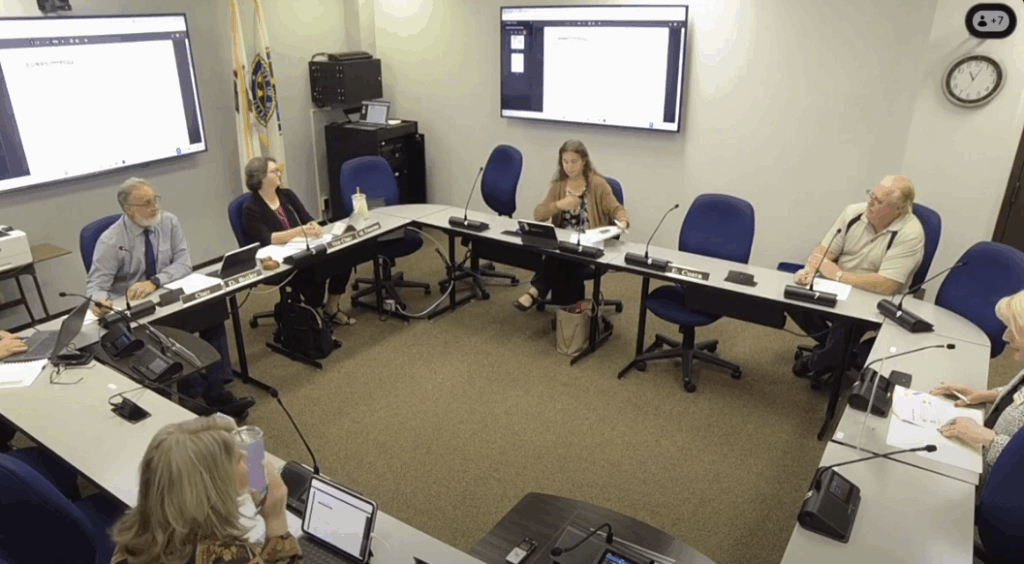
Lawmakers introduce bills to slash their own pay during government shutdowns
With the ongoing government shutdown dragging on for a record-breaking period of time, U.S. lawmakers are introducing bills to make shutdowns as painful for Congress as they are for federal workers.
Since the government shut down on Oct.1 after Senate Democrats filibustered Republicans’ House-passed funding bill, hundreds of thousands of federal workers have been furloughed without pay. Thousands more are forced to work without pay because their jobs are considered “essential,” such as air traffic controllers and federal police officers.
But members of Congress, the only people with the power to end the shutdown, are receiving their salaries as usual.
In a show of good faith, some lawmakers have asked the U.S. Treasury to withhold their salaries for the duration of the shutdown. But other lawmakers are taking steps to make that mandatory.
In the upper chamber, U.S. Sen. John Kennedy, R-La., has introduced the Withhold Member Pay During Shutdowns Act, which would cut the annual pay of all members of Congress by the number of days spent in a shutdown.
Sen. Lindsey Graham, R-S.C., has put forward a similar constitutional amendment where lawmakers would receive no pay during the shutdown, and the forfeited money instead would go to the Treasury to help reduce the national debt.
“If Members of Congress had to forfeit their pay during government shutdowns, there would be fewer shutdowns and they would end quicker,” Graham said. “The U.S. Constitution requires Members of Congress to be paid, even during government shutdowns. This is the most constitutionally sound way to deal with this problem.”
In the U.S. House, Rep. Mike Kennedy’s, R-Utah, No Work, No Pay Act of 2025; Rep. Angie Craig’s, D-Minn., No Pay for Disarray Act; and Rep. Derrick Van Orden’s, R-Wis., constitutional amendment would each ensure that members of Congress receive no pay as long as the shutdown continues.
The salary for most senators and representatives is $174,000 annually as of 2025, according to the Congressional Research Service. Given that both chambers are in session for less than half of the year, that means lawmakers would lose more than a thousand dollars per workday during a shutdown, if such a bill passes.
But Rep. Frederica Wilson’s, D-Fla., Government Shutdown Salary Suspension Act goes a step further, preventing not only Congress but also the president and vice president from receiving pay during a shutdown.
President Donald Trump, meanwhile, is losing patience with senators as the government shutdown begins to affect critical federal programs like SNAP. The president told Republicans in a Friday social media post to “Get rid of the Filibuster, and get rid of it, NOW!”
So far, shutdown negotiations have led nowhere, with Democratic and Republican leaders seeming content to wait each other out.
Democrats have demanded that any funding deal extend the pandemic-era expansion of the Obamacare Premium Tax Credit, set to expire Dec. 31. Republicans refuse, accusing Senate Democrats of “holding the government hostage.”
There are some bipartisan efforts to prevent future shutdowns, however. Reps. Bill Huizenga, R-Mich., and Scott Peters, D-Calif., have together introduced the No Budget, No Pay Act, another bill that would withhold lawmaker salaries during a lapse in appropriations.
“If Congress can’t fulfill its most basic duty to pass a budget, it shouldn’t get paid, and Members of Congress shouldn’t get back-pay either,” Huizenga stated.
Latest News Stories

WATCH: Trump touts ‘historic’ ‘Peace Summit’ as world leaders convene in Egypt

PJM exit: A price solution or power move?

U.S. consumers to pay 55% of tariff costs, Goldman Sachs says

JPMorganChase to invest $10B in U.S. firms key to national security

Broadview, Illinois reduces ICE protest zone after ‘chaos,’ 15 arrests

Louisiana: Voting Rights Act ‘balkanizes’ competing racial factions

Illinois’ ‘F’ grade leaves taxpayers on the hook for billions, watchdog says

Democrat Mills to challenge Collins with for U.S. Senate

Some New York school districts spend almost or more than $100,000 a student

Illinois quick hits: Chicago Jewish Alliance on peace developments; Blue Ribbon Schools announced

WATCH: Trump’s emergency Guard appeal denied; Fiscal Fallout reviews state salaries

Trump delivers message of peace, hope during historic Knesset address

Meeting Summary and Briefs: Will County Board Executive Committee for October 9, 2025

